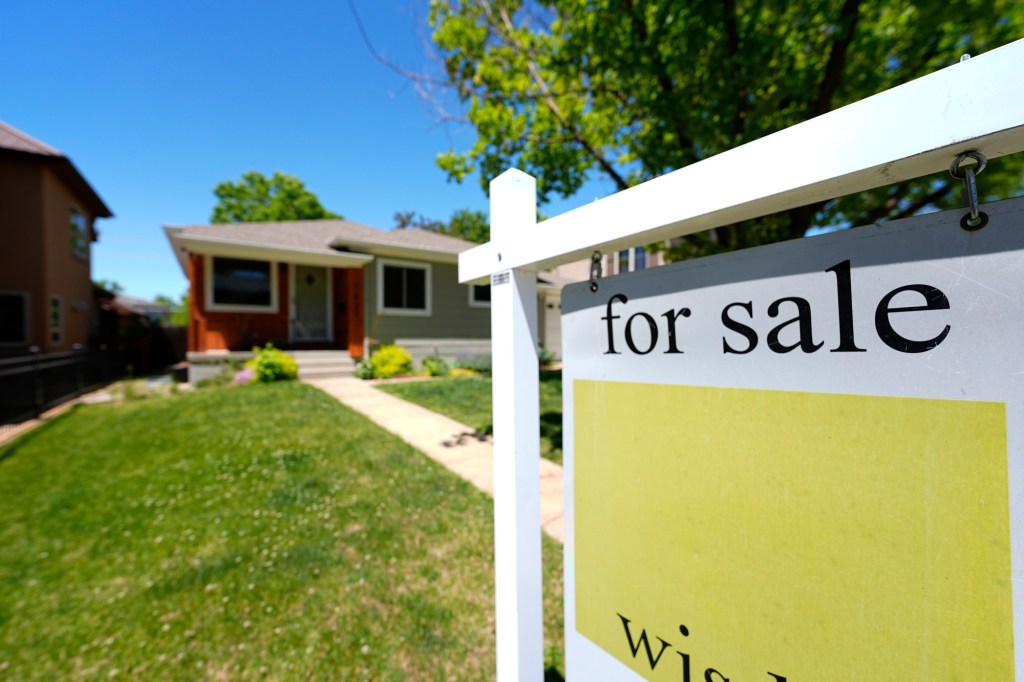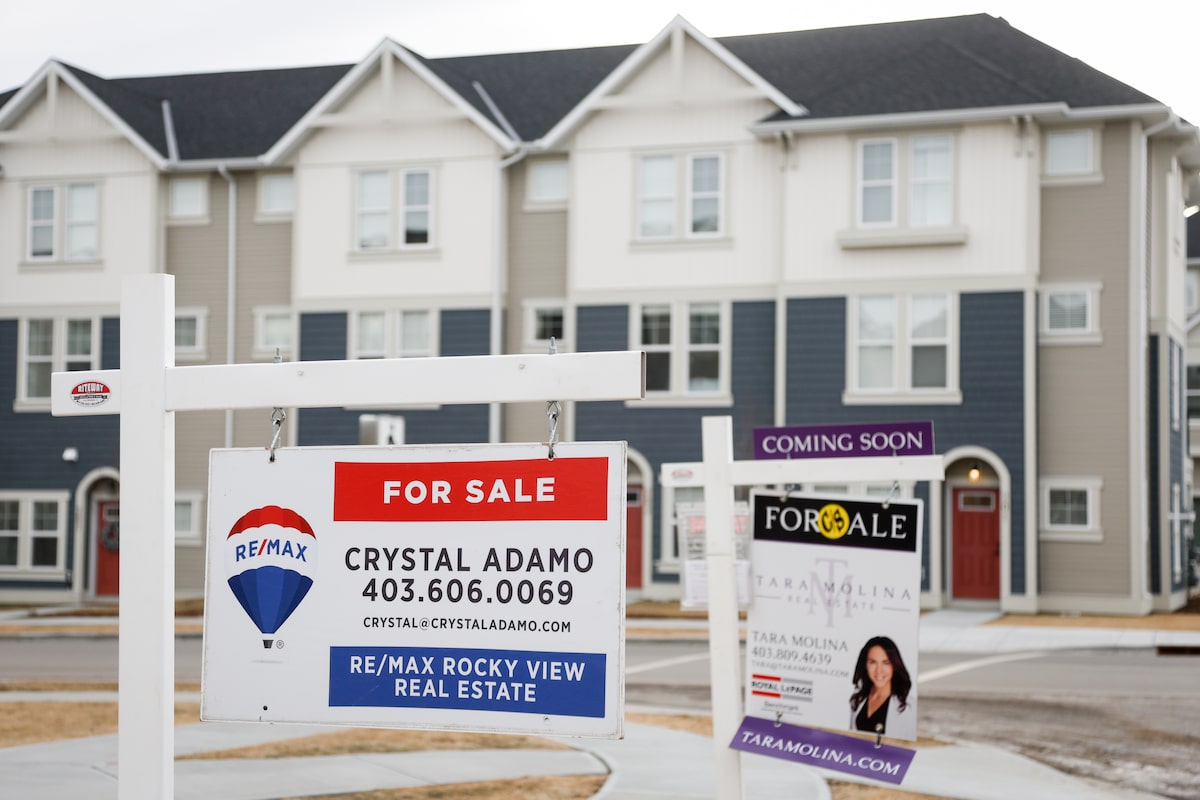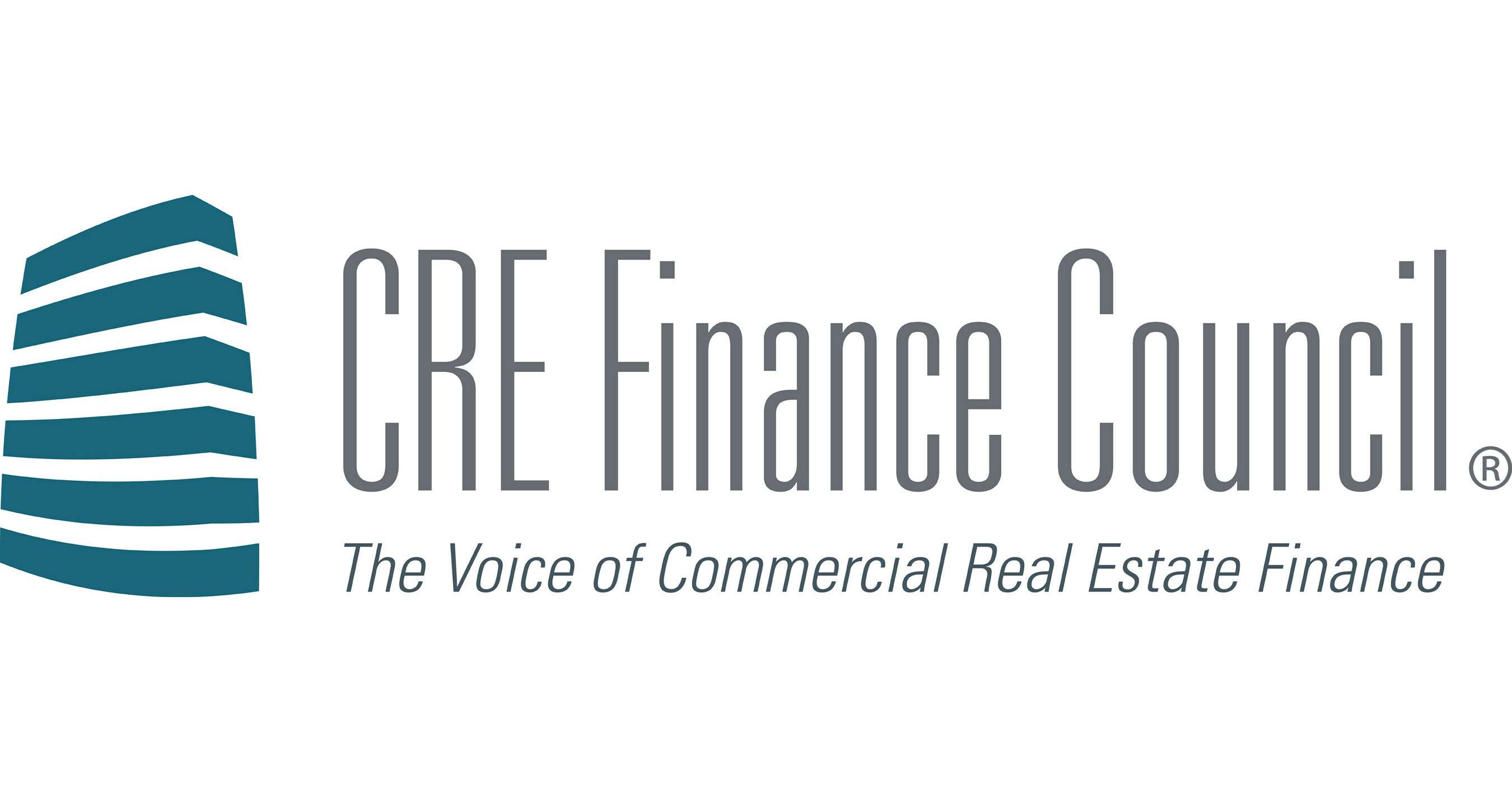D
enver’s housing market is still a tug‑of‑war, but sellers are feeling the strain. In September, 31.1 % of Denver listings were reduced— the highest rate in any U.S. metro and almost double the national average of 16.7 %. The average discount was 3.3 %.
Redfin’s economics team says Denver is sliding into a buyer’s market because inventory is rising as sellers unlock their homes, while demand wanes amid affordability worries and economic uncertainty. A recent Redfin study found that, after Austin, Denver has the second‑largest shift toward a buyer’s market among large metros. A year ago, sellers outnumbered buyers by about 10 %; now the gap is 55.7 % (15,812 sellers to 10,158 buyers last month, or roughly two buyers for every three sellers). That ratio is higher than the U.S. average of 36.7 % in favor of sellers, but Denver hasn’t reached the extreme buyer markets seen in Austin (130 %), Fort Lauderdale (118.5 %), West Palm Beach (133 %), or Miami (112.2 %).
Cities that lost residents during the pandemic—Newark, New Brunswick, Nassau County, Montgomery, and Cleveland—now show the strongest seller markets, according to Redfin.
Another sign of seller weakness is the rise in contract cancellations. Nationally, 15 % of purchase agreements were terminated last month; Denver’s rate was 17.1 %, up from 16.3 % a year earlier. Tampa led the country with one in five contracts canceled, followed by Orlando, Atlanta, San Antonio, and Fort Worth. Most cancellations (about 70 %) occur during inspections when buyers request repairs.
Realtor comments echo this reality. “September made it clear: it’s not a great time to sell a home,” said Denver County Realtor Cooper Thayer. “When selling gets tougher, buying gets better, and today’s market gives buyers more leverage and choice, even with higher rates.”
For sellers, getting the initial price right is now more critical than ever. “A listing can become stale if priced too high,” said Redfin agent Matt Purdy. Buyers evaluate monthly payments and affordability; sellers focus on the price they paid and the maximum they can obtain. Many still aim for top dollar, ignoring the softening market, which leads to longer days on market. Denver listings now average 56 days to sell—nearly two months—up from 44 days a year ago and 14 days in September 2021.
Denver’s home and condo prices have hovered in a narrow range since 2022, rising only $10,000 to a median of $585,000. Buyers who purchased after 2022 may not have seen enough appreciation to cover transaction costs, and some sellers risk a loss, especially with condos. The temptation to overprice is strong.
Neighborhoods with the biggest listing increases in September include Lower Downtown, the Central Business District, Hampden, Cherry Creek, Candelas, and north Broomfield.
Agents advise sellers to conduct a pre‑inspection to spot major issues before listing, fixing problems—especially roofs, plumbing, and drainage—to avoid surprises and delays. Sellers should also be ready to negotiate concessions like price credits and repairs rather than take them personally.
Finally, stricter state landlord rules, higher operating costs, and attractive risk‑free returns are prompting investors to unload rental properties. These new listings will add competition for sellers in the coming months.












